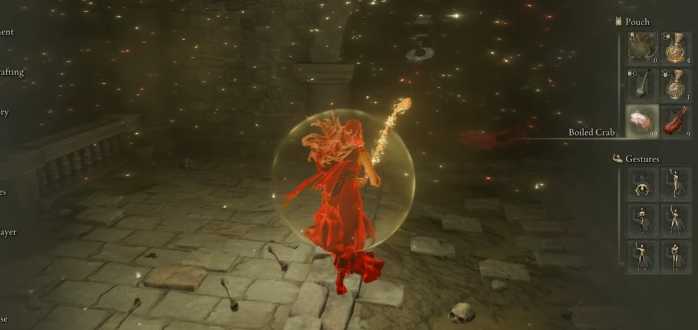
Mmoexp Elden Ring Items: The Cold Light Of The Moon

The Cold Light of the Moon
In classical symbolism, the sun often represents warmth, clarity, and divine order—traits aligned with the Erdtree and the Golden Order. The moon, by contrast, symbolizes the mystical, the hidden, the arcane—the realm of dreams, illusions, and change.
Ranni aligns herself with the Dark Moon, a cosmic entity separate from the Greater Will, associated with sorcery, hidden knowledge, and Elden Ring Items the unknowable vastness of space. Her alignment is not inherently evil, but it is alien.
There is no certainty in the moon’s light. No guidance. Only reflection.
In this context, the Age of Stars can be seen as a deconstruction of metaphysical authority. Ranni doesn’t pretend to know what comes next. She simply refuses the system she was born into—and offers the player the same choice.
This cold rejection can feel like nihilism: the belief that life has no intrinsic meaning or value.
But it can also be a form of existential hope: meaning must be created, not given.
Ranni and the Player: A Pact of Equals
What makes the Age of Stars so compelling is its uniquely egalitarian tone. Ranni does not proclaim herself Empress or God. Instead, she addresses the Tarnished as “my dear consort, eternal.”
Unlike other endings where the player becomes a ruler or best site to buy elden ring items puppet of divine will, the Age of Stars presents a relationship built on mutual respect and shared purpose. It is the only ending in which the player does not assert dominion over the world. Instead, they willingly leave it behind.
This departure can be read as hopeful detachment: the idea that true freedom lies in letting go of systems of power and embracing the unknown. Rather than rebuild a corrupt world, Ranni and the player seek a new one among the stars.
To some, this is cowardice. To others, it is wisdom.
Author Bio
Article Comments
No Comments!
At present there are zero comments on this article.
Why not be the first to make a comment?
Similar Articles
Search Pages
User Upgrade
account to full use of editor,
Including hyperlinks
Article Categories
There are zero sub-categories in this parent category.
There are zero sub-categories in this parent category.

















